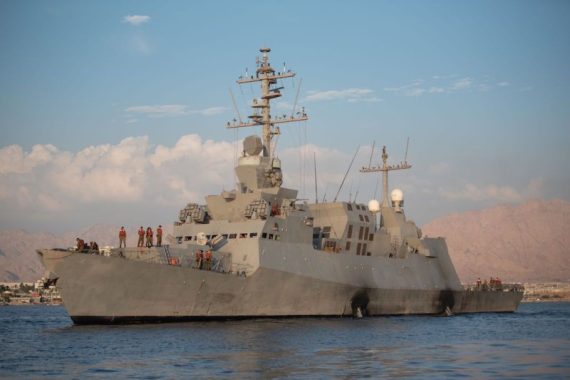I
n a significant display of dissent, Italy, Spain, and France refrained from participating in the U.S. and British strikes against the Houthi group in Yemen, underscoring divisions within the Western alliance. The divergence became apparent as these nations also declined to sign a joint statement issued by 10 countries justifying the military actions.
The disagreement highlights the complexity of addressing the Houthi rebels, who have been targeting civilian ships in the Red Sea, citing opposition to Israel’s military operations in the Gaza Strip.
U.S. and British warplanes, ships, and submarines conducted numerous airstrikes in Yemen in response to the Houthi attacks on one of the world’s busiest commercial shipping routes.
Support from Netherlands, Australia, Canada, and Bahrain
The Netherlands, Australia, Canada, and Bahrain supported the operation logistically and provided intelligence. Germany, Denmark, New Zealand, and South Korea joined in signing a joint statement with the six participating nations, defending the overnight attacks and warning of potential further actions to protect Red Sea trade if the Houthi provocations persisted.
Sources from Prime Minister Giorgia Meloni’s office disclosed that Italy opted not to sign the statement and was consequently not invited to participate in the military strikes. The decision was attributed to the need for parliamentary approval, which would have incurred a time delay, and Italy’s preference for a diplomatic approach to deescalate tensions in the Red Sea.
However, a later government statement clarified that “Italy supports the operations of allied countries, who have the right to defend their vessels, in the interest of global trade flows and humanitarian assistance.”
Spain and France
A French official, speaking anonymously, expressed concern that participating in the U.S.-led strikes would diminish France’s leverage in talks aimed at defusing tensions between Hezbollah and Israel. France has actively sought to prevent an escalation of conflicts in Lebanon in recent weeks.
U.S. National Security Council spokesman John Kirby avoided providing specific details on France’s participation, stating, “You’ve seen the list of people that participated. Internationally, even those who weren’t actively involved in the dropping of bombs – many of our coalition partners had signed up to the support, non-operational support.” The French foreign affairs ministry issued a statement placing responsibility for the escalation on the Houthis, signaling potential tacit support for the U.S. action.
Spanish Defence Minister Margarita Robles justified Madrid’s non-participation, emphasizing a commitment to peace and dialogue. She stated, “Every country has to give explanations for its actions. Spain will always be committed to peace and dialogue.”
Recommended
Italian Defence Minister Guido Crosetto, expressing reluctance earlier in the week, emphasized the need to curb Houthi aggression without triggering a new war in the region.
The divergence in Western opinions on addressing the Houthi threat emerged last month during Operation Prosperity Guardian, where Italy, Spain, and France opted not to participate, citing reluctance to place their naval vessels under U.S. command.
All three nations currently contribute to an EU anti-piracy operation off the Horn of Africa. The Spanish defence minister suggested that the European Union might consider a new naval mission in the coming days, reflecting a sense of responsibility and commitment to peace by abstaining from intervention in the Red Sea for the time being.
Source: Reuters





